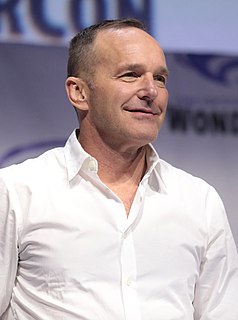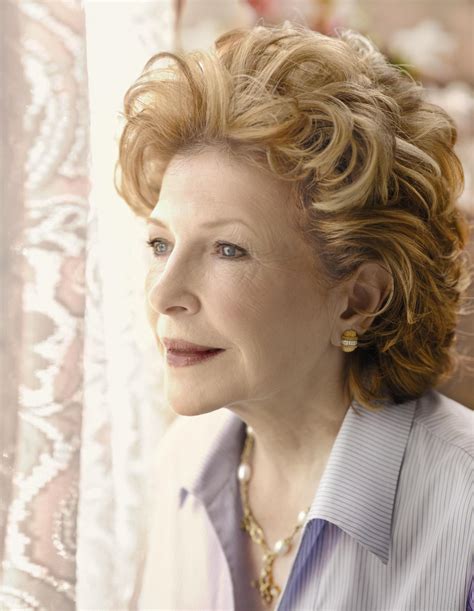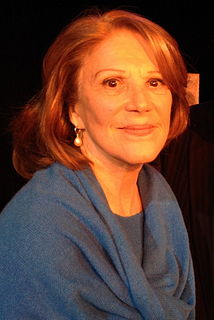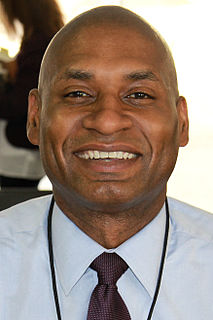Цитата Мин Джин Ли
Я подумал: «Эта книга никому не нужна, и я идиот, раз так усердно над ней работал». Но чтобы преуспеть в писательстве, вы должны быть готовы долго выглядеть глупо. «Патинко» занял так много времени, потому что я много раз ошибался.
Связанные цитаты
В джиу-джитсу каждый ваш инстинкт хочет делать все, кроме расслабления или дыхания, когда кто-то нападает на вас, и обучение этому занимает много времени. Я думаю, именно поэтому многие люди останавливаются на синем поясе, потому что это действительно сложно. Трудно сделать следующий шаг. Это заняло у меня много времени.
Если вы собираетесь заняться крупномасштабным изобретением, вы должны быть готовы сделать три вещи: вы должны быть готовы потерпеть неудачу; вы должны быть готовы мыслить в долгосрочной перспективе; и вы должны быть готовы к тому, что вас будут неправильно понимать в течение длительного периода времени.
Меня всегда интригуют авторы, которые говорят: «На эту книгу ушло 17 черновиков». Они очень ясно об этом. Я не мог сосчитать количество раз... Так много из этих историй, над которыми я работал очень долго и писал их, откладывал, переписывал, работал над чем-то другим - они никогда не были далеки от досягаемости; они сообщали друг другу.
Когда вы пишете книгу, это похоже на очень долгую прогулку по долинам, горам и тому подобному [...] Самая высокая гора на прогулке, очевидно, является концом книги, потому что она должна быть лучшей. взгляд на все, когда все сходится, и вы можете оглянуться назад и увидеть, что все, что вы сделали, все связано. Но это очень, очень долгий и медленный процесс.
Я предполагаю, что это должно быть время жизни, когда я оглядываюсь назад и пытаюсь понять, кто я и где я был. Странно, когда приходится отчитываться о себе, пытаться разобраться в себе для себя. Я не такой уж и старый, но уже давно профессионально пишу художественную литературу. Я начал так рано и так долго шел так тяжело. И я предполагаю, что это было из-за того, что я чувствовал, что у меня есть место, чтобы оглянуться через плечо.
Многие молодые люди говорят мне, что хотят стать писателями. Я всегда поощряю таких людей, но я также объясняю, что есть большая разница между писательством и писательством. В большинстве случаев эти люди мечтают о богатстве и славе, а не о долгих часах в одиночестве за печатной машинкой. Вы должны хотеть писать, говорю я им, а не быть писателем. Реальность такова, что писательство — одинокое, личное и малооплачиваемое дело. На каждого писателя, поцелованного судьбой, приходятся тысячи других, чье стремление никогда не вознаграждается. Даже те, кто преуспевает, часто переживают длительные периоды забвения и бедности. Я сделал.
У меня была безумно долгая поездка из Нью-Йорка в округ Колумбия, когда я работал в National Geographic. Я ненавижу терять время, поэтому я потратил его на то, чтобы написать о своей жизни, исходя из того, что я мог бы представить их в виде коротких эссе для журналов. Только позже я понял, что пишу книгу.
На личном уровне график «Молодого ученика» очень длинный. Детям нужны были длительные перерывы, поэтому из-за того, что это заняло огромное количество времени, им было еще труднее. Вокруг было еще много всего. Но как шоу, защищающее молодых людей и продвигающее молодых людей, которые хотят попробовать, я думаю, это было здорово.
Я думаю, что хороший человек иногда может поступить неправильно из-за невежества, слабости или неправильного мышления, но когда наступают трудные времена, добро все-таки побеждает. А плохой человек часто может долгое время казаться хорошим и заслуживающим доверия, но когда наступают трудные времена, зло в нем обнажается.






































